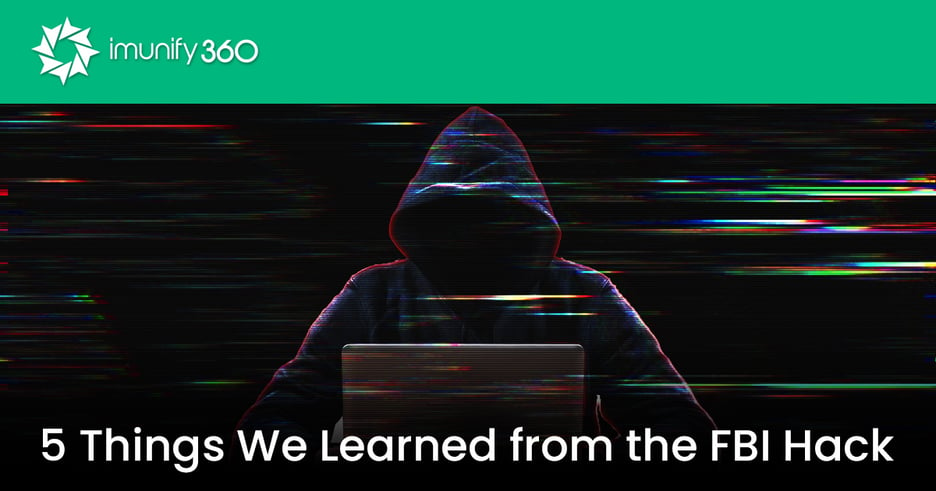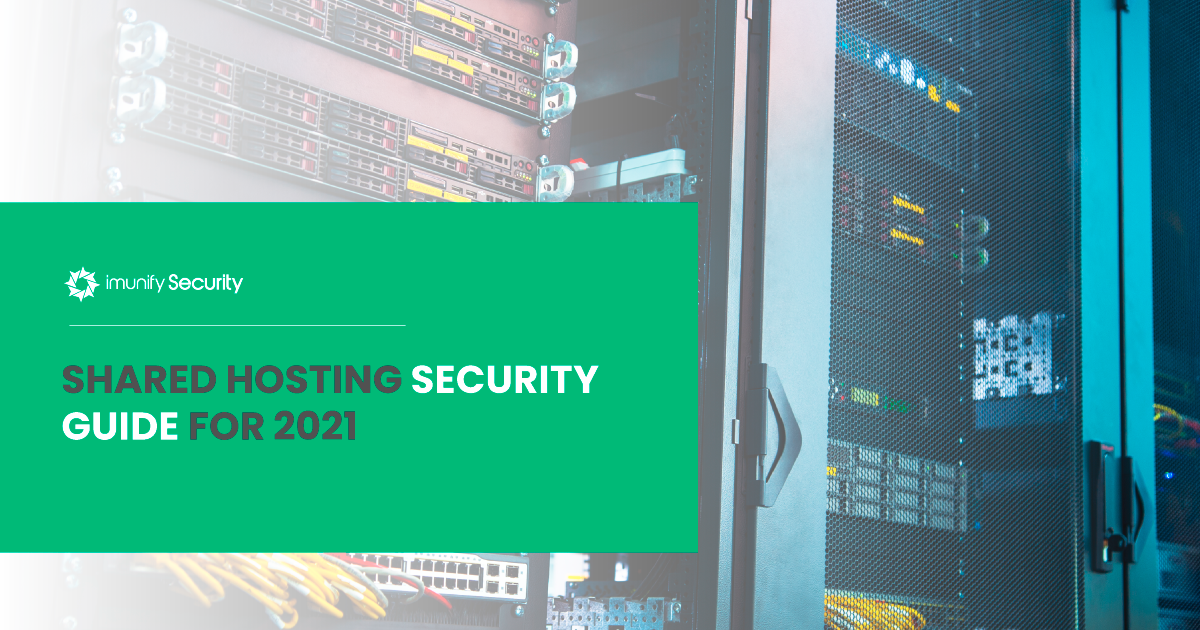
In December 2022, hackers broke into the FBI’s 80,000-member Infragard database posing as the CEO of a financial institution. InfraGard is an outreach program that keeps public officials and private sector actors informed of national security and cybersecurity threats that could impact critical US infrastructure.
Once inside the database, the hacker communicated directly with members in an attempt to gain personal information. Although the FBI hasn’t offered specifics on how the hacker was able to manipulate the system, we do know they had some key pieces of personal information for the person they were impersonating.
We’re wrapping up Cybersecurity Awareness Month with a webinar that’ll cover key tips to protect your servers from cyber attacks. Just in time for Halloween, we’ll dive deep into the online threats that lurk in the dark – and show you how to protect yourself from the dangers you can’t see.
An insider’s point of view is always valuable. Arianna Della Valle shared her perspective on server security with our own Eric Ellis in our webinar “Imunify360 Cybersecurity Awareness Month: Spotlight on Netsons” – now available on demand by clicking here.
To celebrate Cybersecurity Awareness month in October, we planned a special webinar to cover everything you need to know about how to protect your servers against unknown threats, specific types of attacks you may not know about, and why it matters more now than ever.
Join us on Tuesday, October 18 at 11 am EST / 5:00 pm GMT+2 for a conversation with Arianna Della Valle about her server security journey with hosting company Netsons. She’ll share the challenges Netsons faced, why change was critical, and how she’s been able to increase both productivity and profits.
.png?width=1200&name=BLOG%20IMAGE%20(5).png)
Is your server security bullet proof? Could you benefit from a fully automated system that prevents malware and mitigates cyber attacks?
Join hosting security guru Eric Ellis this Friday at 1 pm EST to hear how others are using Imunify360 to secure their servers so they can focus on scaling their business.
.png?width=1200&name=BLOG%20IMAGE%20(5).png)
Register and join hosting security guru Eric Ellis this Friday at 1 pm EST and see how Imunify360 detects and prevents malware and mitigates cyber attacks without being a security expert so you can focus on scaling your business.
We'll be talking about Imunify360, our next-gen security suite for Linux servers, and answering all your questions on how to get the best out of it.
 Shared hosting is beneficial for small hobby sites and personal blogs, but businesses might find that shared hosting limits growth. To start out, however, many site owners begin with shared hosting until their business grows and makes enough to justify paying for virtual private servers or dedicated hosting. For web hosting providers, it’s critical that servers run at optimal speeds and don’t harbor any malware. Security can be complex when hundreds of site owners with little knowledge of performance tuning and cybersecurity install applications on the shared server. With the right tools, site owners and administrators can keep their servers running at peak performance and keep them secure from common exploits. Keep on reading to find the answers to the following questions:
Shared hosting is beneficial for small hobby sites and personal blogs, but businesses might find that shared hosting limits growth. To start out, however, many site owners begin with shared hosting until their business grows and makes enough to justify paying for virtual private servers or dedicated hosting. For web hosting providers, it’s critical that servers run at optimal speeds and don’t harbor any malware. Security can be complex when hundreds of site owners with little knowledge of performance tuning and cybersecurity install applications on the shared server. With the right tools, site owners and administrators can keep their servers running at peak performance and keep them secure from common exploits. Keep on reading to find the answers to the following questions:

During the pandemic lockdowns, many businesses went from office work to an at-home workforce. Studies show that a huge uptick in cyber-attacks started in 2020 after pandemic lockdowns, which means that more attackers were scanning and searching for exploits on web servers. A web server with poor security controls, outdated software, misconfigurations, and overall lack of administration could be subject to numerous cyber-attacks and exploits.

.png?width=115&height=115&name=pci-dss%20(1).png)
